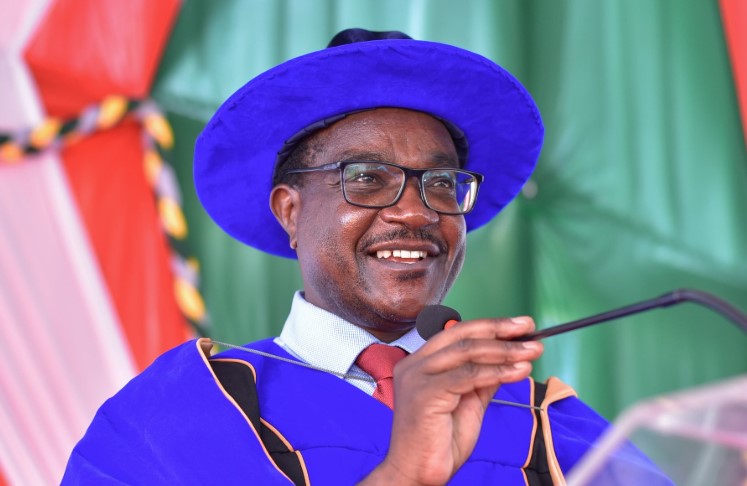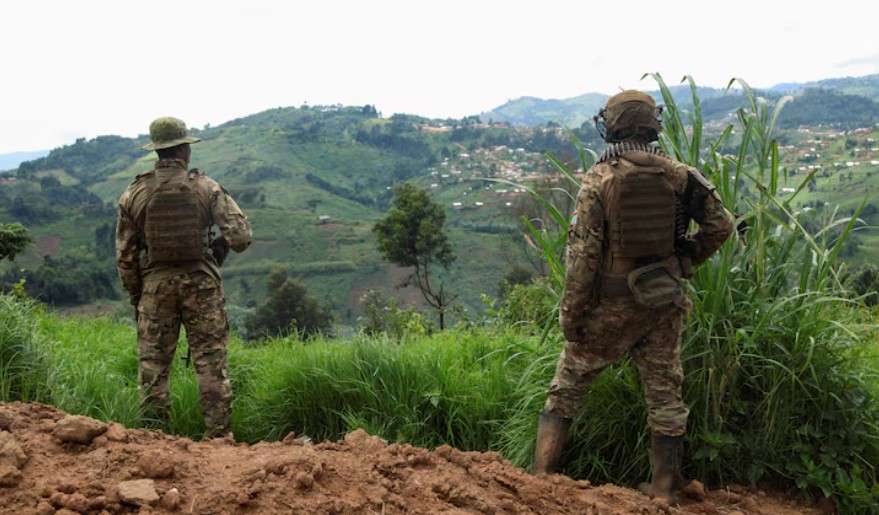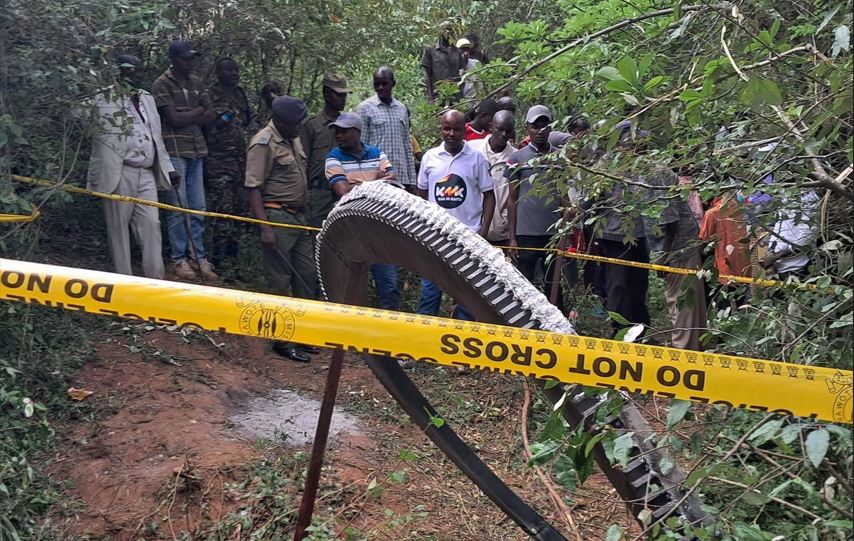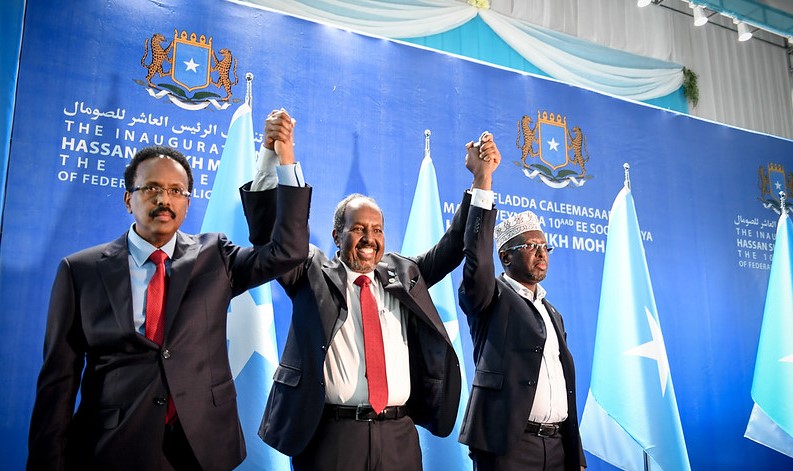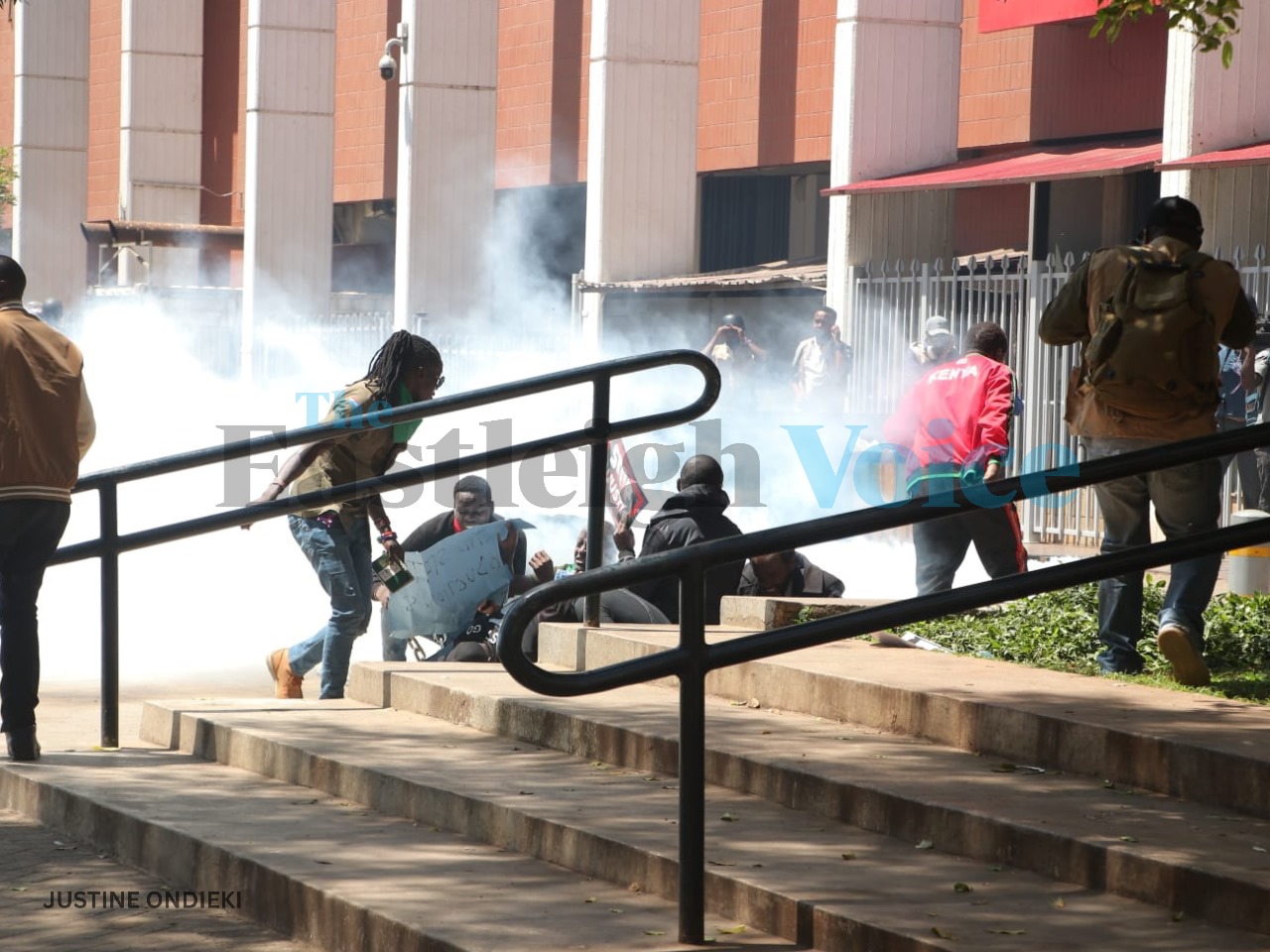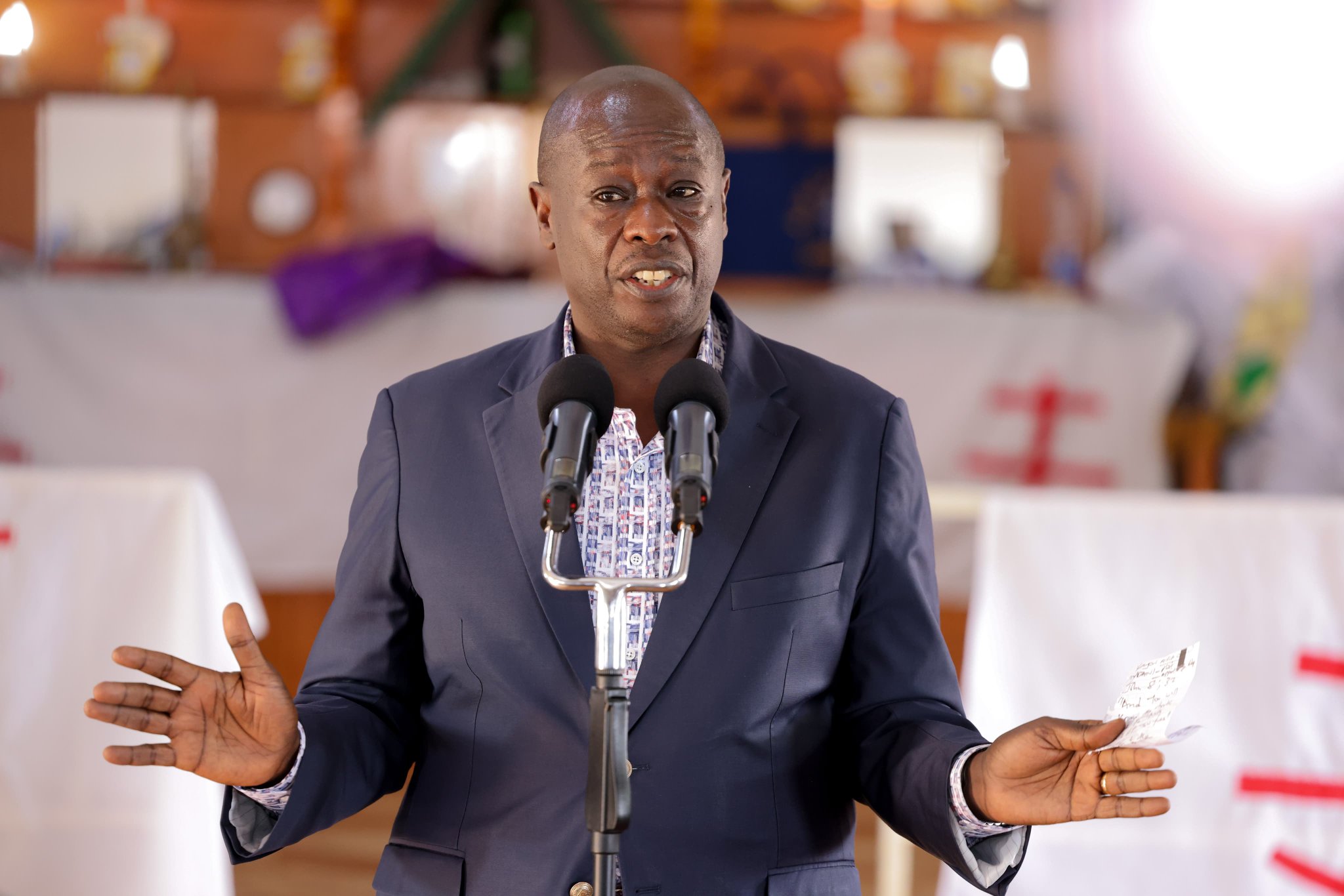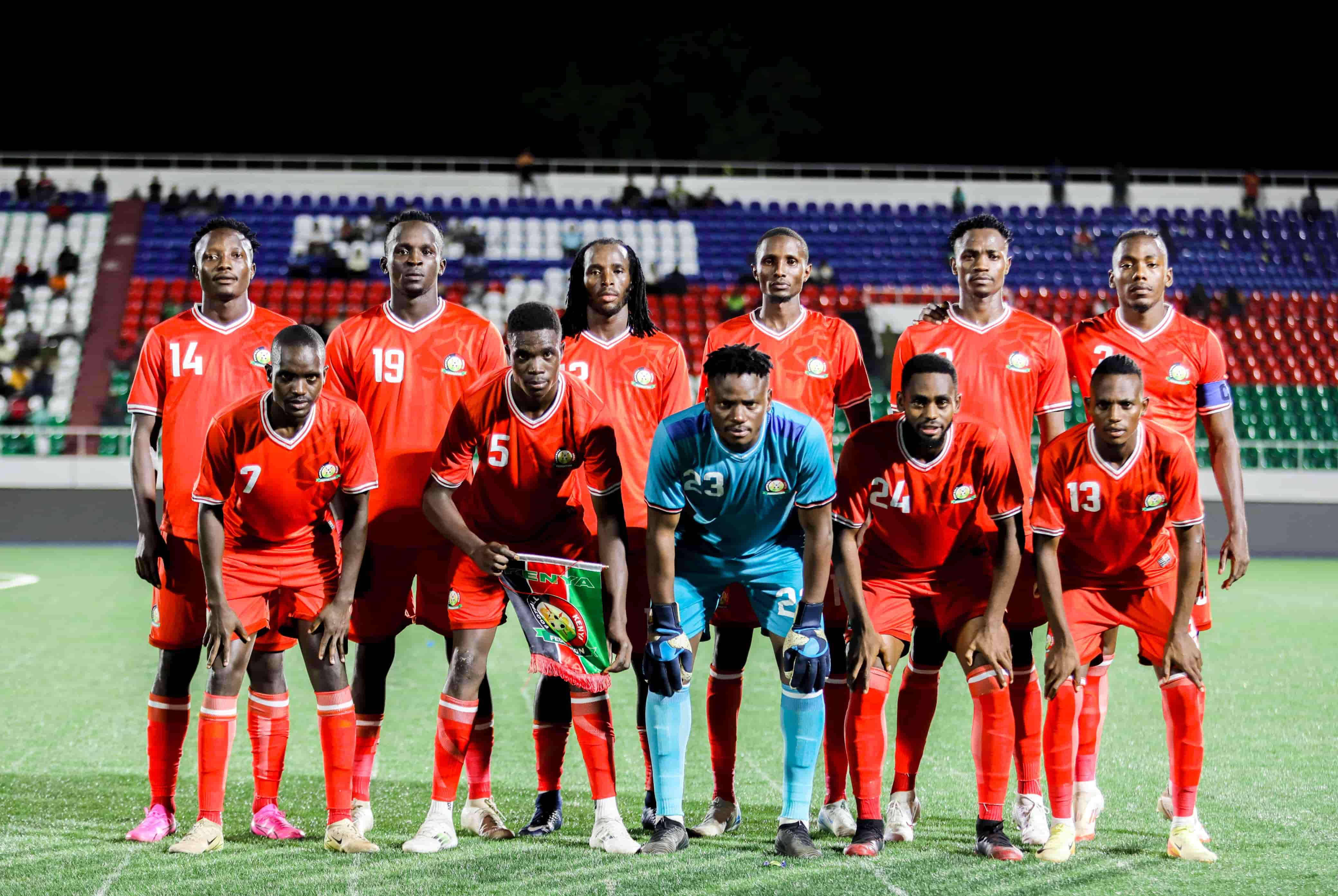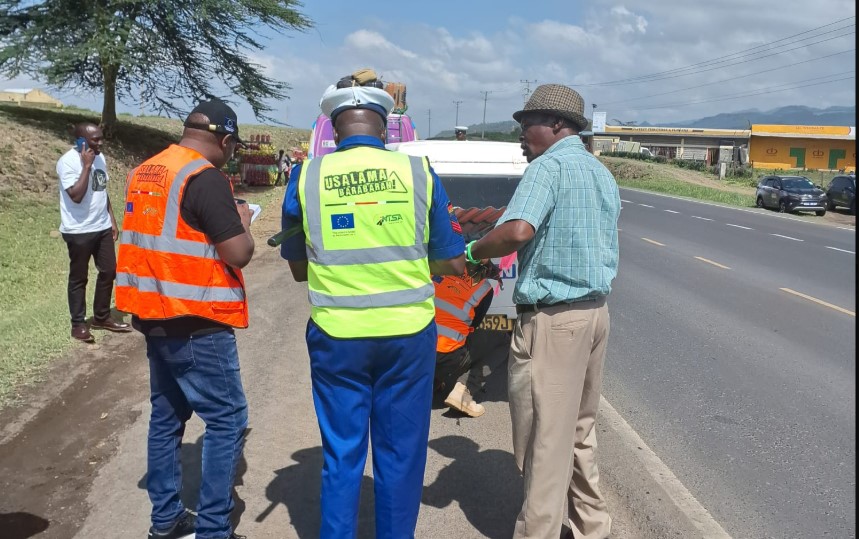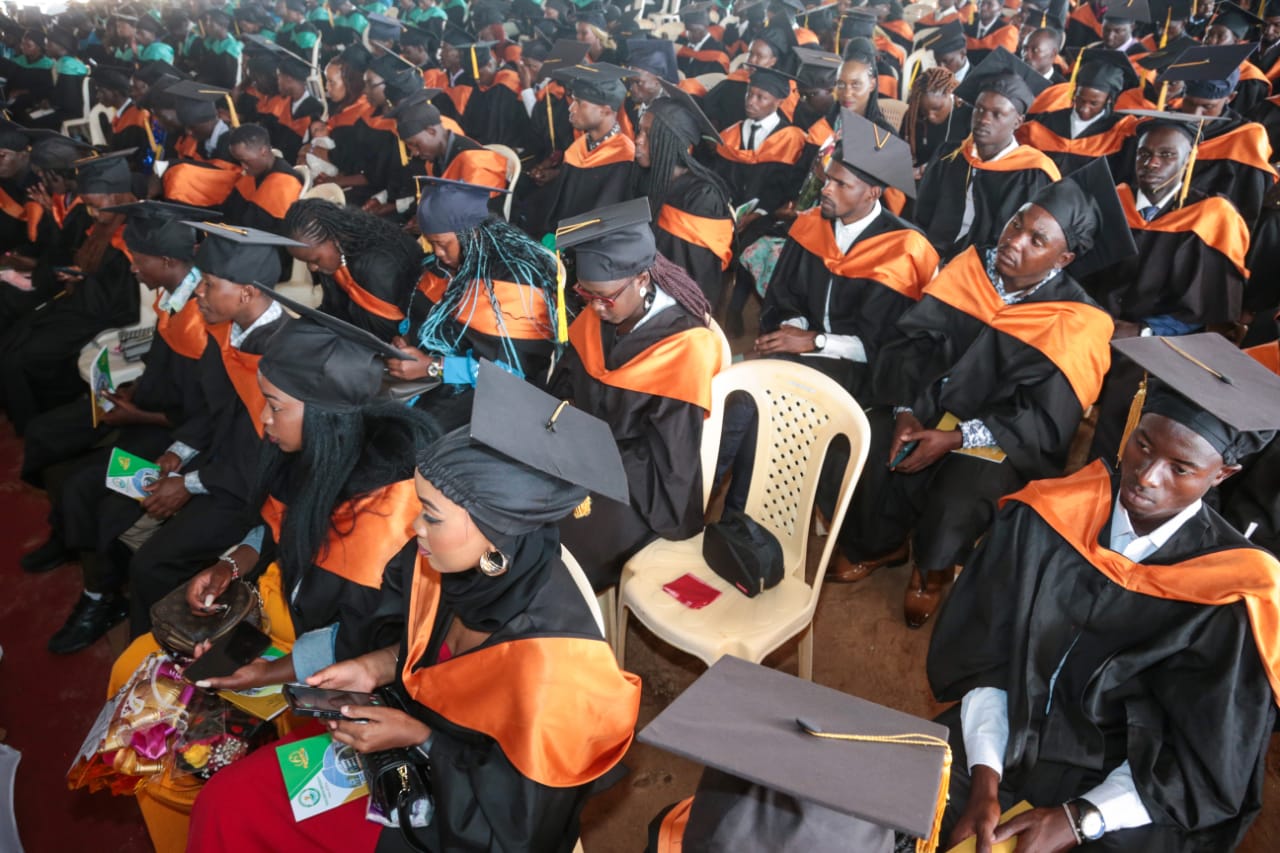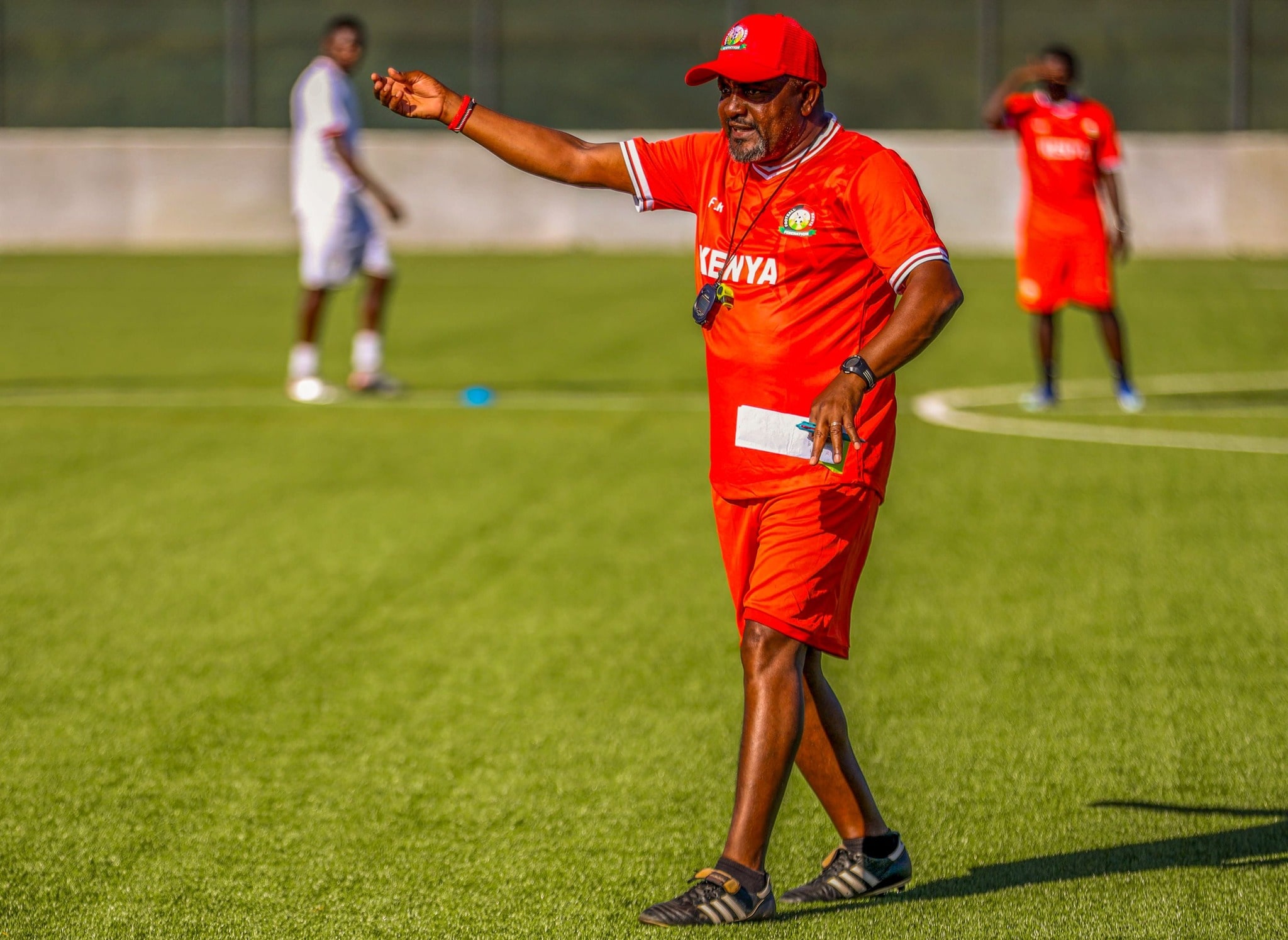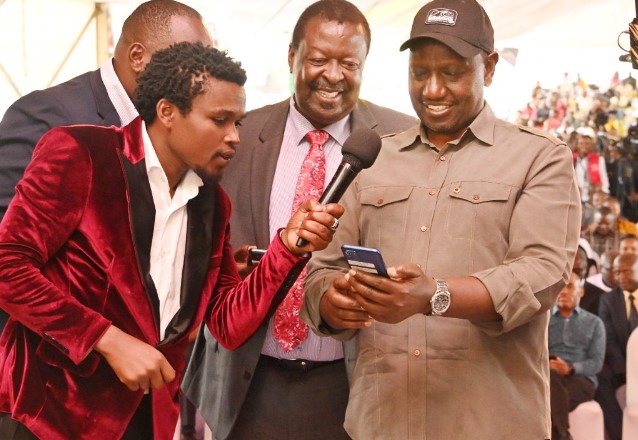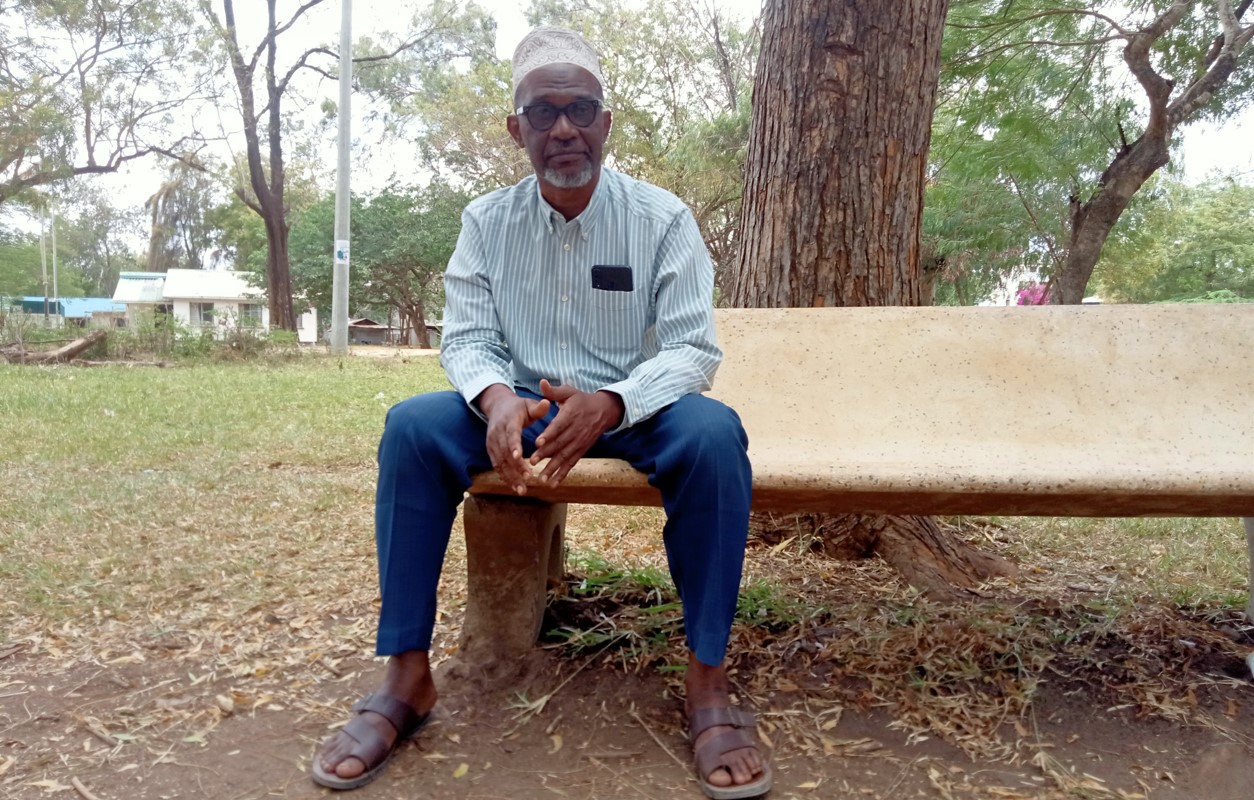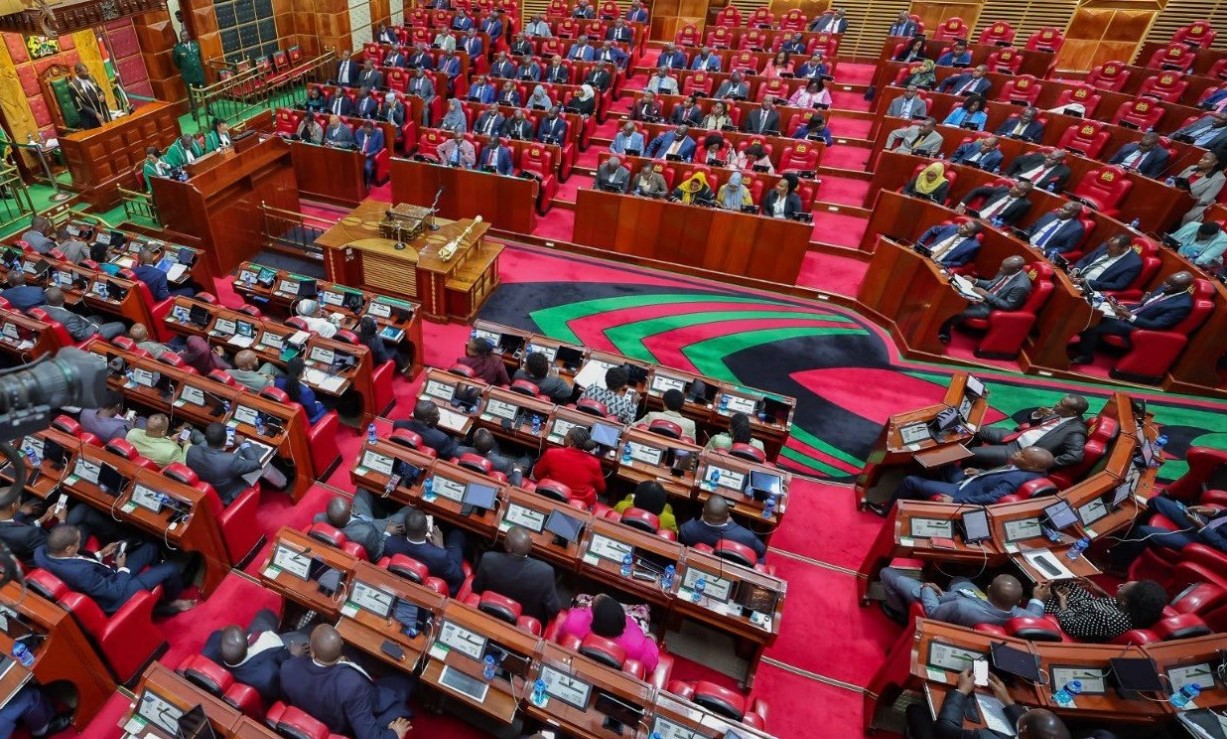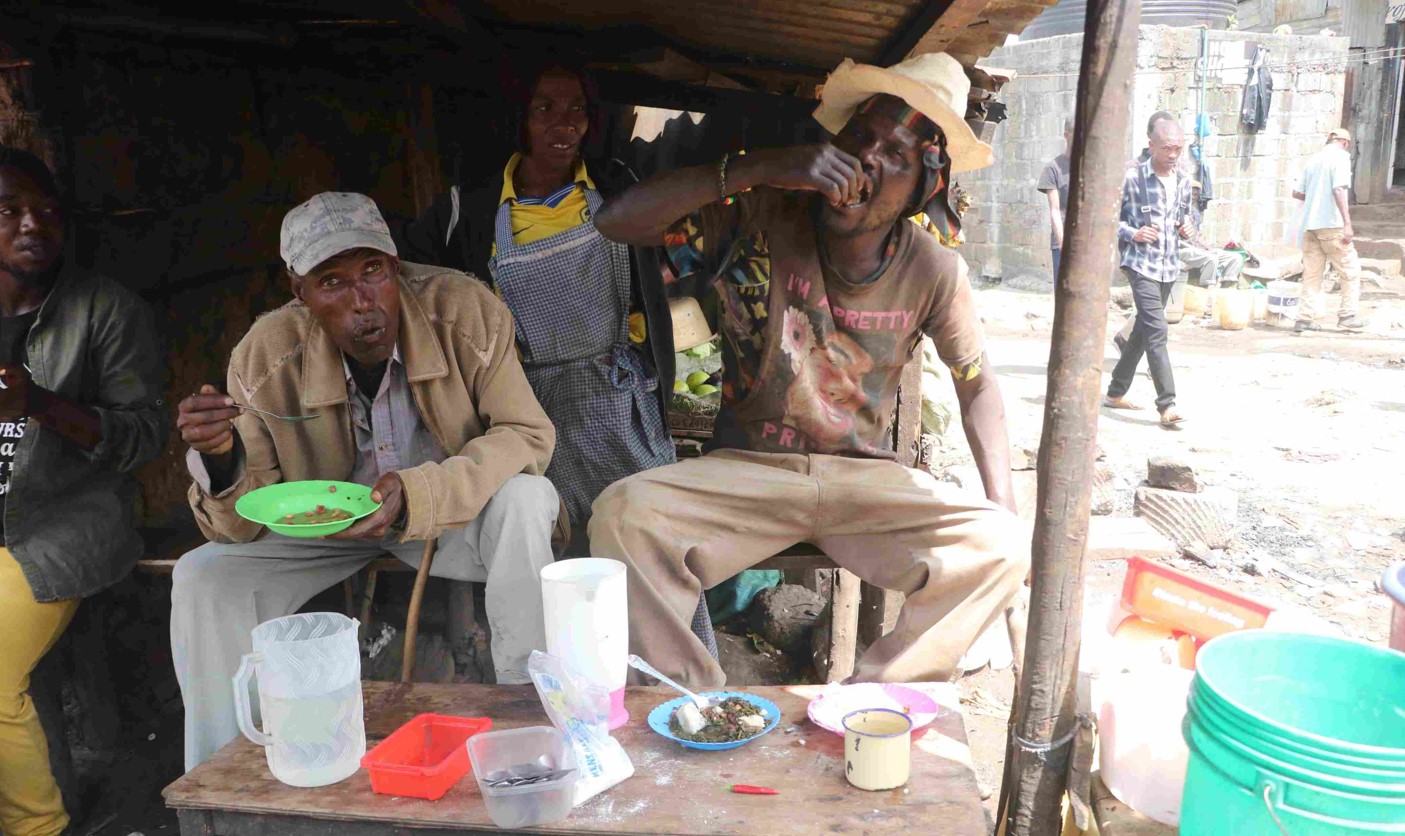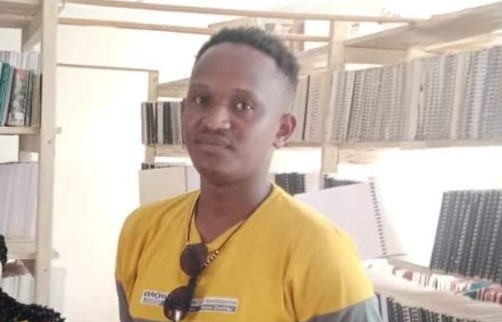Kenya designated a major non-NATO ally by Washington as Ruto deploys police to Haiti
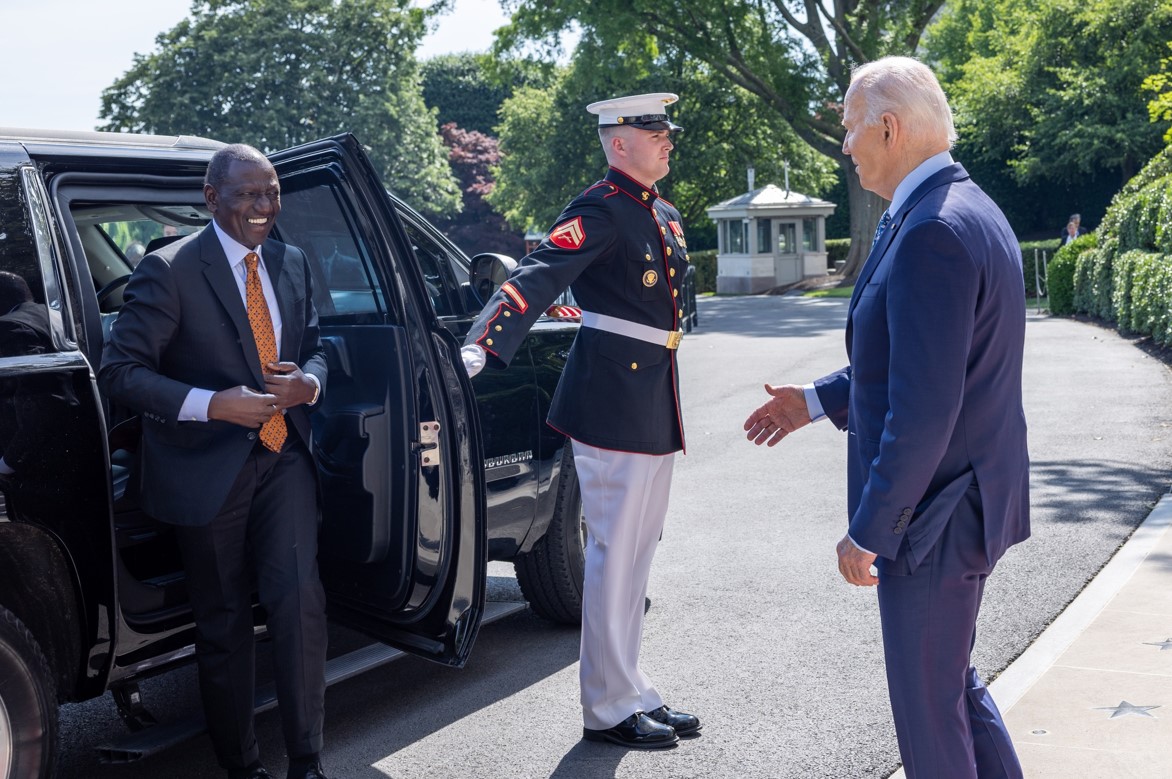
This designation makes Kenya the first country in sub-Saharan Africa to hold this status.
On Monday evening, Washington officially designated Kenya as a non-NATO ally, just hours after President William Ruto flagged off the first batch of 400 Kenyan police officers heading to Haiti for a peace enforcement mission in the violence-stricken Caribbean country.
This designation makes Kenya the first country in sub-Saharan Africa to hold this status.
More To Read
It was granted during President William Ruto's three-day state visit to the US in May, where President Joe Biden described the decision as "a fulfilment of years of collaboration."
"By the authority vested in me as President by the Constitution and the laws of the United States of America, including section 517 of the Foreign Assistance Act of 1961, as amended (22 U.S.C. 2321k) (the 'Act'), I hereby designate Kenya as a Major Non-NATO Ally of the United States for the purposes of the Act and the Arms Export Control Act (22 U.S.C. 2751 et seq.)," read a memorandum on the Designation of Kenya as a Major Non-NATO Ally by President Joe Biden issued from the White House.
The designation came after Kenya announced it would lead a multinational police force to Haiti for a peace enforcement mission to quell violence in the violence-plagued Caribbean country.
At the time of publication, the Kenya Airways plane carrying the 400 police officers had already landed in Dakar, Senegal for a refuelling stop before continuing to Haiti.
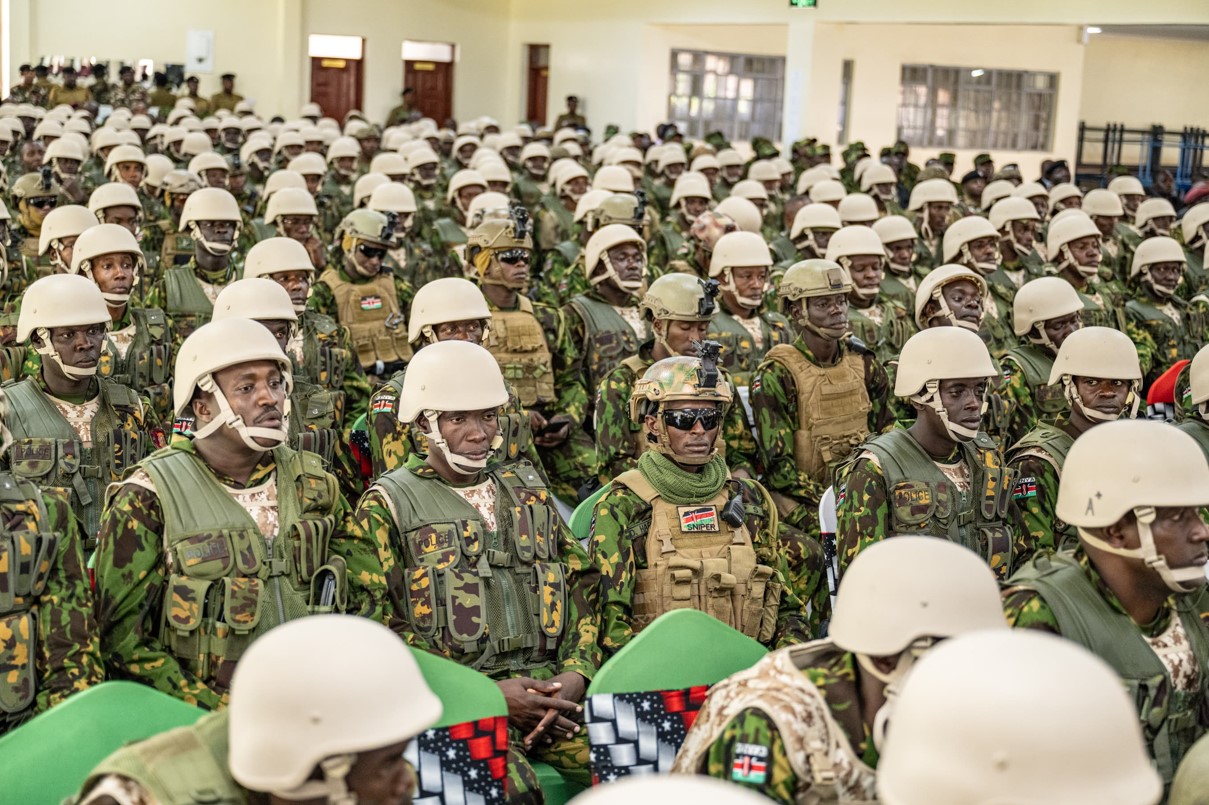 The first contingent of 400 Kenyan police officers to the Multinational Security Support Mission to Haiti at the Administration Police Training College, Embakasi, for the pre-deployment briefing on June 24, 2024. (Photo: PCS)
The first contingent of 400 Kenyan police officers to the Multinational Security Support Mission to Haiti at the Administration Police Training College, Embakasi, for the pre-deployment briefing on June 24, 2024. (Photo: PCS)
A Major Non-NATO Ally (MNNA) refers to a country that is not part of the North Atlantic Treaty Organization (NATO) but has a deep strategic and security partnership with the US.
This designation denotes a high level of trust but does not involve the mutual defense commitments that full-fledged treaty allies agree to.
However, it does not bind the US and Kenya to defend each other if either is attacked.
The MNNA status entails certain economic and military benefits, including advantages in defense trade and security cooperation.
However, the US Department of State notes that it "does not entail any security commitments to the designated country."
This status will allow Nairobi to purchase military technologies that are otherwise harder to obtain from Washington.
Additional benefits for MNNAs, as outlined by the State Department, include; eligibility for loans of materials and equipment for research, development, or testing, the ability to place US-owned War Reserve Stockpiles on MNNA territory and consideration for the purchase of depleted uranium ammunition.
There is also the possibility of entering formal agreements with the US Department of Defense to carry out research and development projects.
MNNA firms can also bid on contracts to repair and maintain US Defense Department equipment outside of the US.
Despite these benefits, the designation does not guarantee new defence agreements or weapon sales between Nairobi and Washington.
